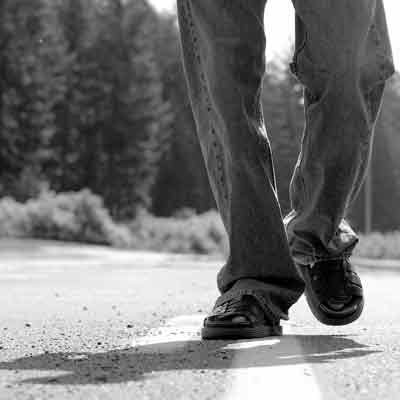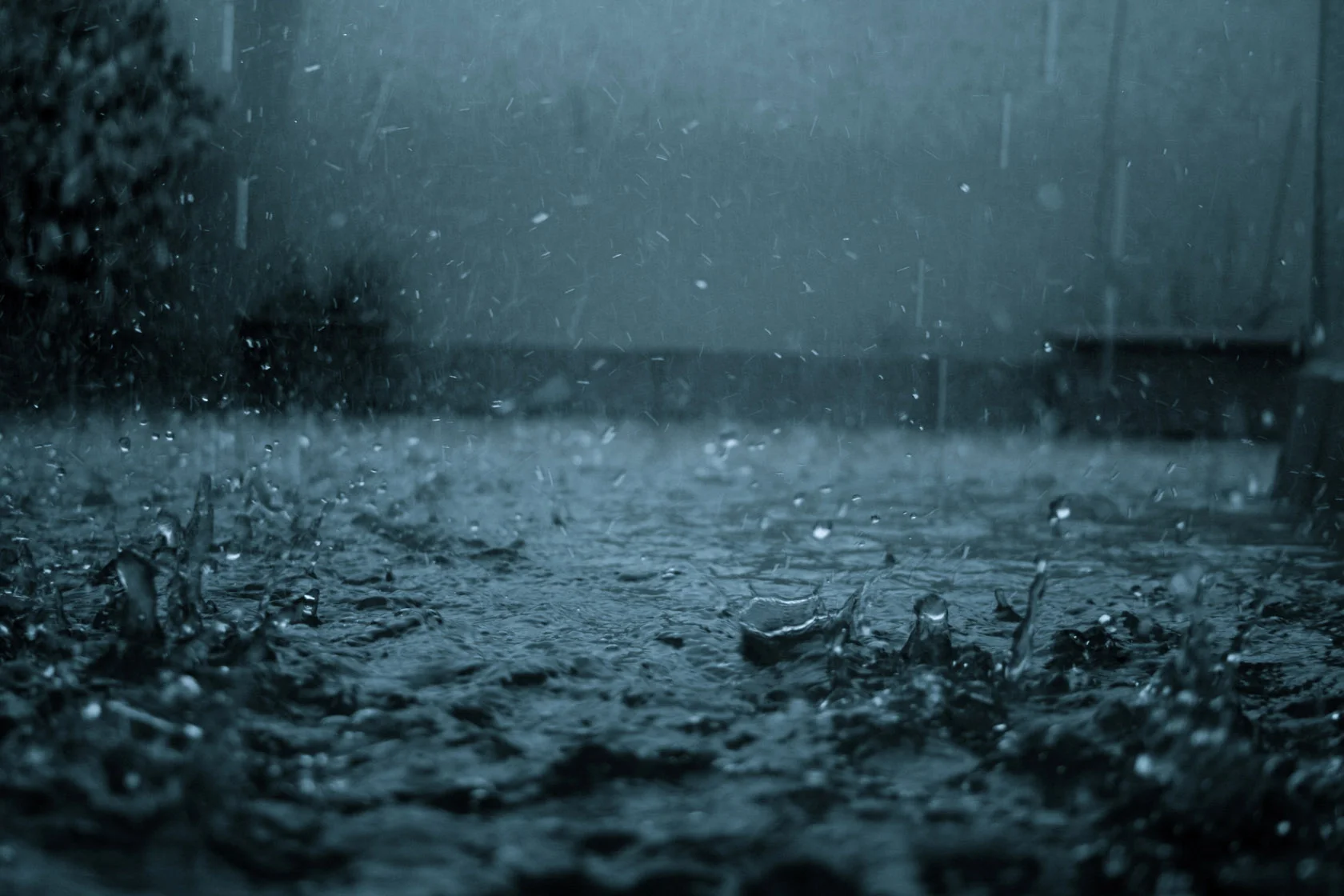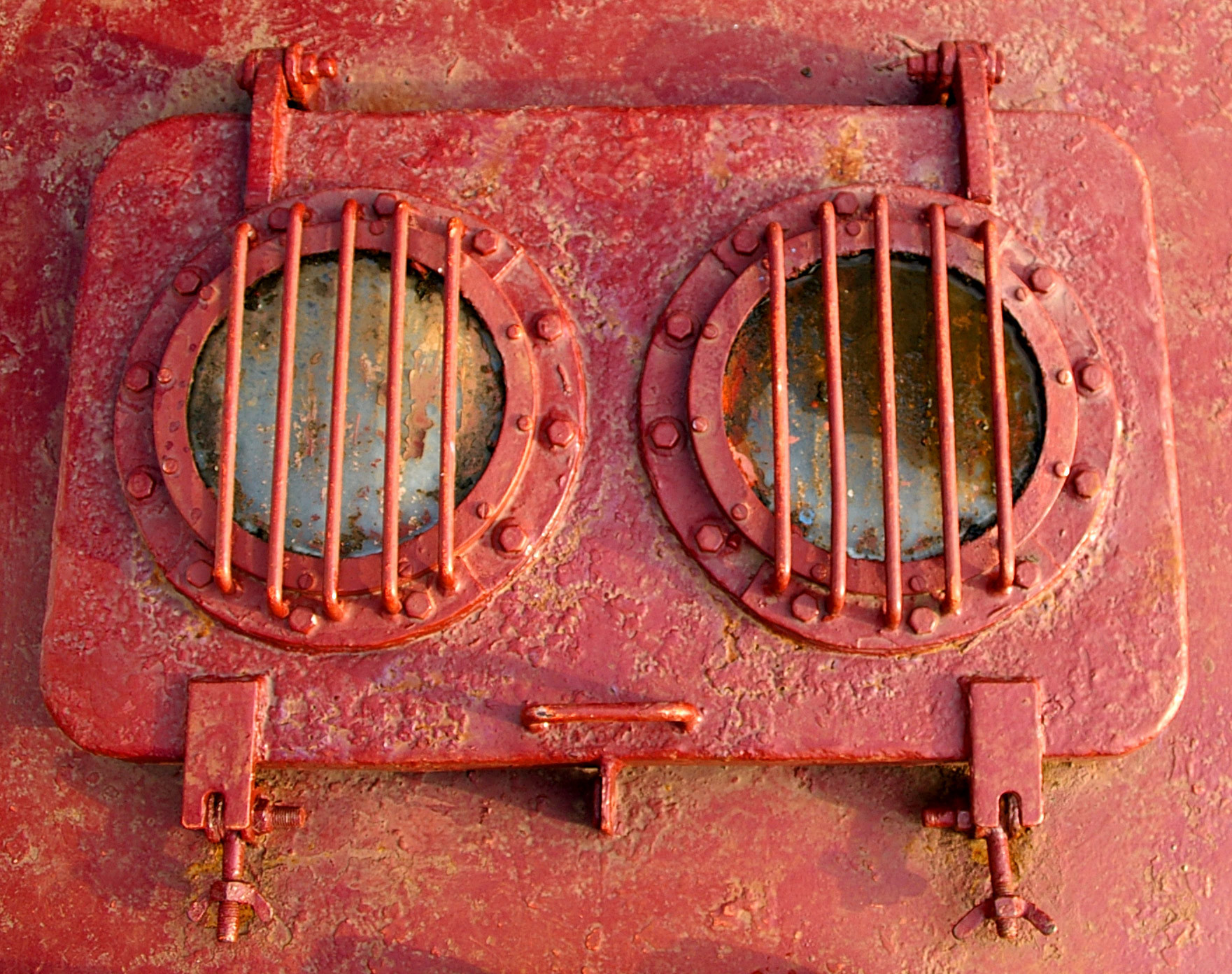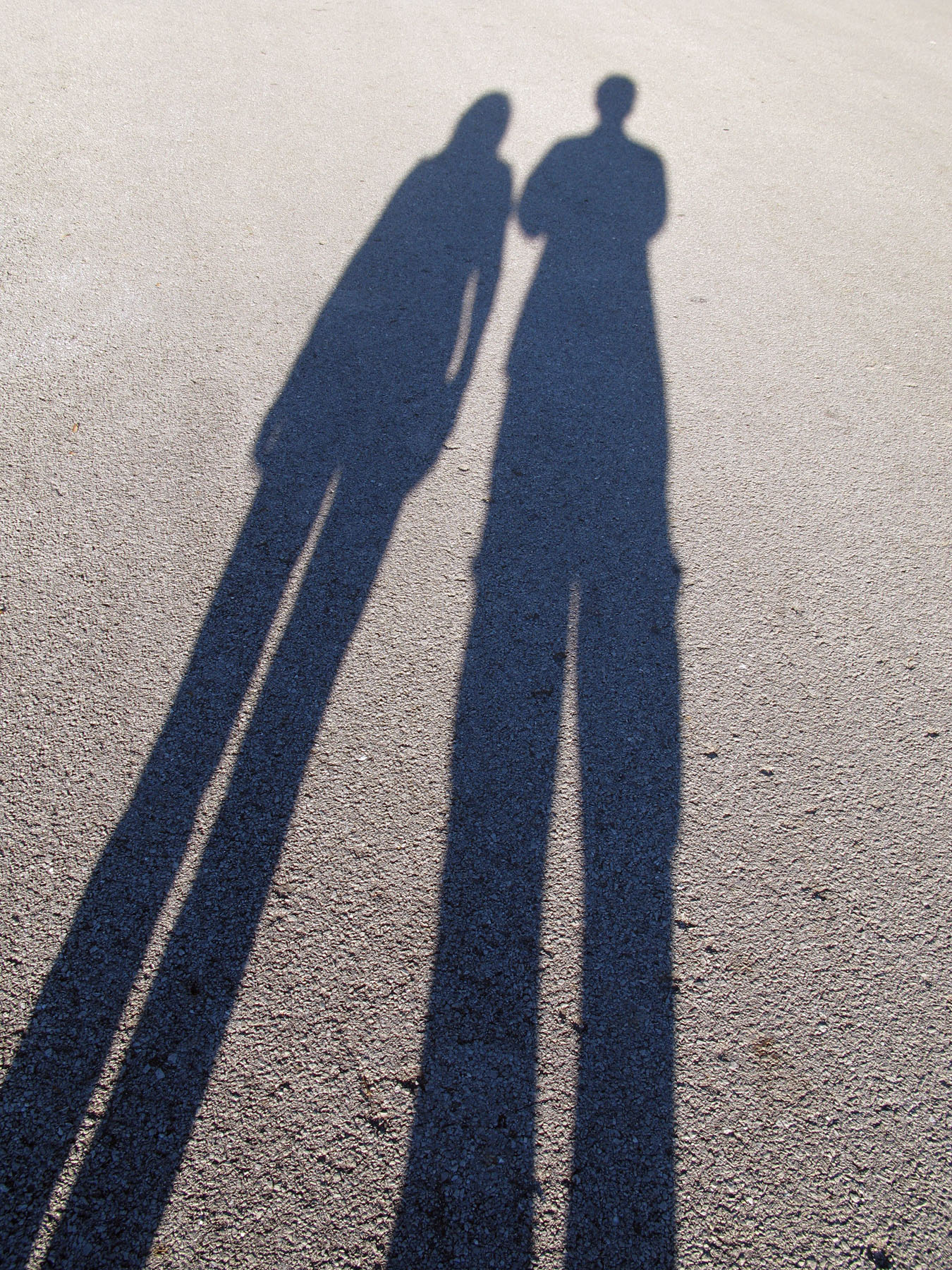Coping With Illness
/By Sabrina Willis
Three years ago, when I was 18, my parents started going to Ottawa from our home in Gananoque without telling me why. They would start out before I woke up and not leave a note. At first I brushed it off as nothing, but the more they disappeared on these mysterious trips, the more I wanted to know what they were doing. I didn’t like being left in the dark, but I’m not good at confrontation.
My mother eventually told me that they were going to see a doctor for my dad.
I had won two tickets to see a preview screening of The Prince of Persia: Sands of Time. Since we had recently moved from Alberta to Gananoque, I didn’t really know anyone, so I chose to see the film with my mom. At first, I thought it would be a fun drive to Ottawa. However, there had been some new developments in our home. My father had been acting odd. As we got closer to Ottawa, I finally asked my mom what was going on.
“I noticed that you have been driving more than dad lately, is something wrong?”
“Ummm… your father has dementia, which means that he is no longer fit to drive.”
I looked at her in shock. What does that mean? I thought. I would have asked her right then, but looking at her expression, I knew she wasn’t ready for that in-depth talk. Instead, I tried to keep things light. I steered the conversation back to the movie. As we got onto Highway 417, I focused on giving my mother directions to the theatre. As the evening went on, neither of us brought up the subject of my father. We had fun watching the film, as if the earlier conversation never happened.
It was not until I had been out of high school for a year that my mother gained the courage to explain things to me in more detail. It must have been difficult for her to find the right words, and the right time to break the news. My father, at age 48, had Frontotemporal Lobe Dementia (FTD), which causes memory loss and changes in personality.
I was 19, and I had to start looking for a job, or go on to post-secondary education. So while I listened to what my mother had to say, I wasn’t really hearing it. I continued going about my life thinking my dad was becoming crazy, and hating him for it. I wanted my parents to help me figure out what to do with my life. Instead, I got a father who was disappearing and a mother who needed to focus on helping him, and herself, deal with the change.
My selfish thoughts continued as my father got discharged from the military due to his illness. He needed to get many papers signed, which took many trips to the base in Kingston. Since he was no longer able to drive, it was up to my mother and me to take him there. At first my mother did it, but once she found a job, the task was left up to me. Begrudgingly, I said okay and drove my dad to the base on the days he asked.
Driving a parent with dementia is not easy. Some days he would try to get into the driver’s seat and then remember that he didn’t have the keys and would walk over to the passenger seat. It was sad to see my dad like this. I could tell his mind was still there, but his thinking and behavior were becoming increasingly unpredictable, so we had to take precautions. Though it was difficult, I had some nice chats with him during the drives. Sometimes, I even wondered if they had gotten the diagnosis wrong.
As time went on, my dad got progressively worse, and I was no longer able to keep denying that changes were happening. The first thing my father did was wander. He would go outside and pick the weeds from our backyard and then take them to the swamp area by our house to get rid of them. He liked to be outside and tried to keep himself busy, since he couldn’t work anymore. It was fine at first, but as things progressed, we had to pay more attention to him.
One time, when my mother and I weren’t paying attention, my father wandered away. We had gotten used to him walking down the street to the forested swamp area, to get rid of the weeds. However, that day he didn’t come back. My mother and I started to worry. Our street goes onto Highway 2, and all we could think about was that the worst could have happened. My mother got into the car and told me to stay at home, in case he came back on his own. We live a few minutes outside of Gananoque, and my mother chose to head in that direction first. I stayed at home, pacing around the main floor, waiting for them to come home. Every so often, I would look out the front window in hopes of seeing them. After a while, I got so worried that I hugged my dog for comfort, asking him where my dad could have gone.
The phone rang and I jumped. It was my mom. She was calling from the car at a neighbour’s store. They hadn’t seen my dad go by. This meant that he wasn’t heading into town. As she spoke, I could hear the tremble in her voice, and could tell that she had been crying. I talked to her for a bit, hoping to comfort her so that she could drive and find my dad. She picked him up on his way to Kingston; he told my mom that he had a nice chat with a friendly man. After that incident, many recommended that my mother get a wandering bracelet for my dad. It’s a medical alert that helps those in need get a safe return home.
With a new understanding of what was going on, I tried to help my mom any way I could. She asked me to go to a support group with her. I agreed: we went the first Friday of every month. The support group was nice, even though we were the youngest ones there. It was good to see that others had similar problems, even if their significant others had Alzheimer’s instead of FTD. It was a safe place for everyone to talk about what was going on, and to get advice from the others. Being able to talk to someone helps relieve some of the pressure, if only for a few hours.
Even though I accepted what was going on, I chose not to do any research about the illness. My mother would tell me some of the stories that she had read, which was good enough for me. She would tell me how people with FTD tended to be more on the violent side. We are lucky my father still has his calm temperament instead of the more aggressive one. Since he is a fairly big man (6 feet tall) he could do some damage if he wanted to.
We also learned that Alzheimer’s patients can take medication that may help slow memory loss. My mom decided that she would at least ask the neurologist about it and see what his thoughts were. He explained that because Alzheimer’s and FTD are different, the effects of the pill would be different for my dad; if he did take it, he could end up with drastic personality changes, and that wouldn’t be helpful.
Watching the changes in my dad was odd. Before everything happened, he was outgoing and very friendly. He taught me to play sports, and if I had any questions about school-work, he would try to help. But once he got dementia, he started to withdraw. He wouldn’t talk much and seemed almost embarrassed. When people would talk to my mom about my dad in front of him, I noticed that he looked sadder, as if he understood what was being said. Now, depending on if he knows you or not, he will tell you himself that he has FTD.
There are moments when I wish that my father was the way he used to be, but I know that won’t happen. Many people tell you that when someone has an illness such as this, you just have to take it one day at a time and keep things lighthearted.
Some days it is easier to laugh than others.
























